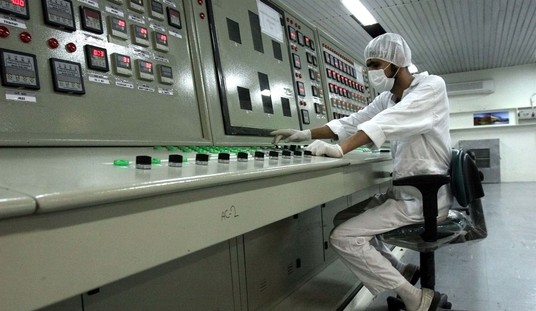He's in his second year as president, and he has discovered that even with all the powers of office, he can't do everything he wants to do, such as remake America. Doing stuff is hard. In the past, prosaic work has held little appeal for Obama, and it's prompted him to think about moving on.
Begin with his first serious job, as a community organizer in Chicago. Obama got a little done, but quickly became frustrated with small achievements. "He didn't see organizing making any significant changes in things," Jerry Kellman, the organizer who hired him, told me in 2008.
What Obama wanted was political power, and that is what sent him to Harvard Law School. "He was constantly thinking about his path to significance and power," another organizer, Mike Kruglik, told me. "He said, 'I need to go there (Harvard) to find out more about power. How do powerful people think? What kind of networks do they have? How do they connect to each other?'"

Out of law school, Obama did some civil-rights work in Chicago before running successfully for the Illinois Senate in 1996. Almost immediately, Obama began "chafing ... at the limitations of legislating in Springfield," in the words of a Washington Post profile.
Easily bored, and with a growing sense of dissatisfaction, he set his eyes on the House of Representatives, unsuccessfully challenging Rep. Bobby Rush in 2000. In 2002, he began his campaign for the U.S. Senate.
He won in 2004, but the Senate proved unsatisfying, too. By mid-2006, Majority Leader Harry Reid "sensed his frustration and impatience, had heard rumblings that Obama was already angling to head back home and take a shot at the Illinois governorship," write Mark Halperin and John Heilemann in the new book "Game Change." Reid knew "Obama simply wasn't cut out to be a Senate lifer."
Recommended
According to the book, the majority leader invited Obama to his office for a talk. "You're not going to go anyplace here," Reid told Obama. "I know that you don't like it, doing what you're doing." Reid suggested that Obama run for president. Obama had been a senator for all of 18 months at the time. Soon after, he was off and running.
What drove Obama was not just ambition, although he is certainly ambitious.
As he became frustrated in each job, Obama concluded that the problem was not having the power to do the things he wanted to do. So he sought a more powerful position.
Today, he is in the most powerful position in the world. Yet he has spent a year struggling -- and failing -- to enact far-reaching makeovers of the American economy. So now, even in the Oval Office, there are signs that the old dissatisfaction is creeping back in.
At a Jan. 17 Martin Luther King Jr. Day event at Washington's Vermont Avenue Baptist Church, Obama brought up the fact that many people see him as almost preternaturally calm. "I have a confession to make," Obama said. "There are times I'm not so calm ... when progress seems too slow ... when it feels like all these efforts are for naught, and change is so painfully slow in coming, and I have to confront my own doubts."
Obama said it to be inspirational, but the fact is, in the past, that's when he looked for a new job.
A few days later, ABC's Diane Sawyer asked whether Obama would sometimes "sit and confront your own doubts."
"Yes," the president said.
"Ever in the middle of all that's coming did you think maybe one term is enough?" Sawyer asked.
Obama answered haltingly. "You know, I -- I would say that when I -- the one thing I'm clear about is that I'd rather be a really good one-term president than a mediocre two-term president."
Many observers have remarked that, even when dealing with the most momentous issues facing the country, Obama has seemed oddly removed from the hands-on work of making policy. Maybe they're noticing the same thing Harry Reid did.
The president's dissatisfaction is shining through; perhaps he's not really cut out for -- or up to -- the job.
In the State of the Union address, Obama declared, "I don't quit." And of course, there's no danger he would just up and quit the presidency. But throughout his life, his reaction to frustration has been to look for a bigger job. What does he do now?

























Join the conversation as a VIP Member